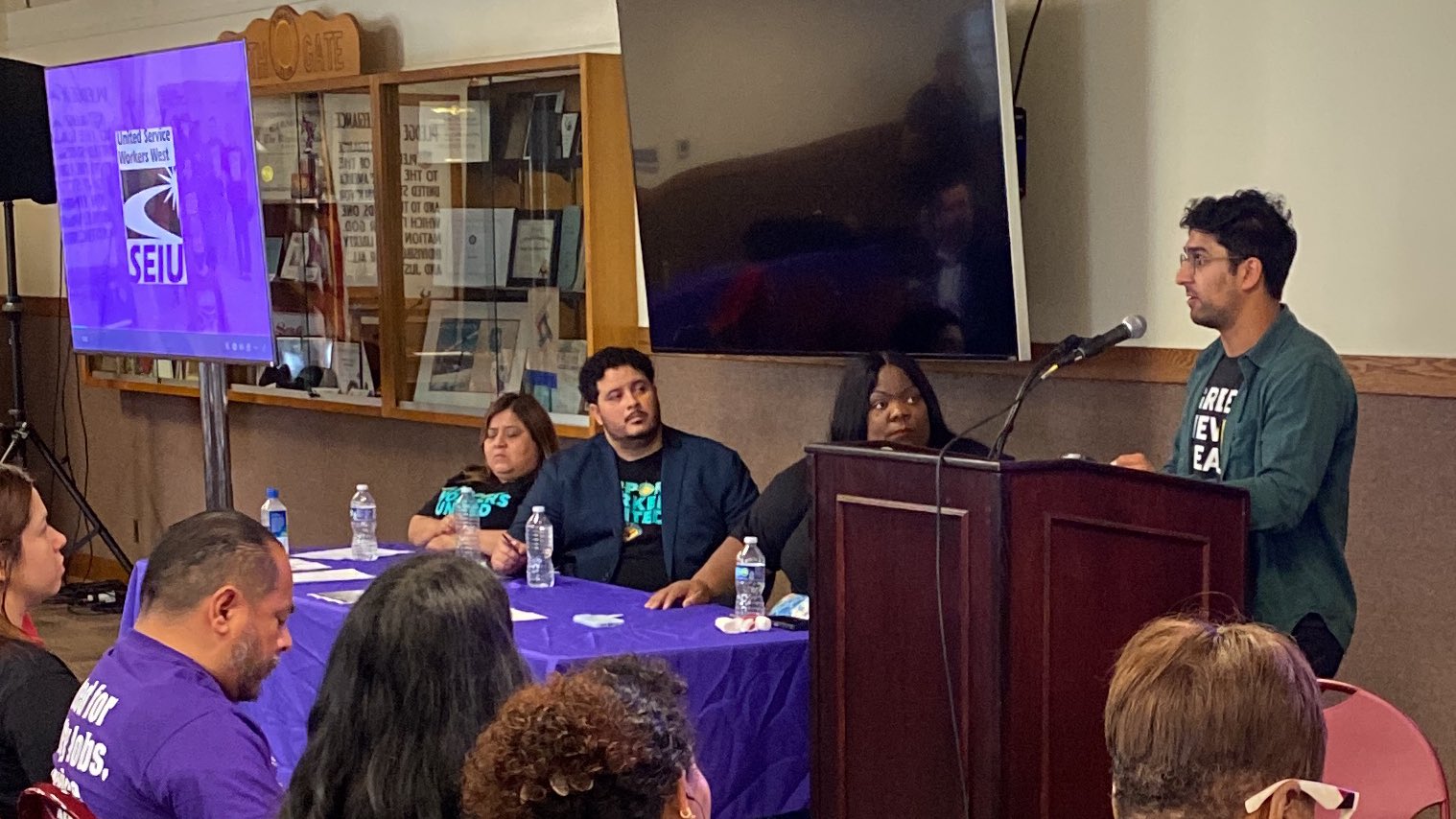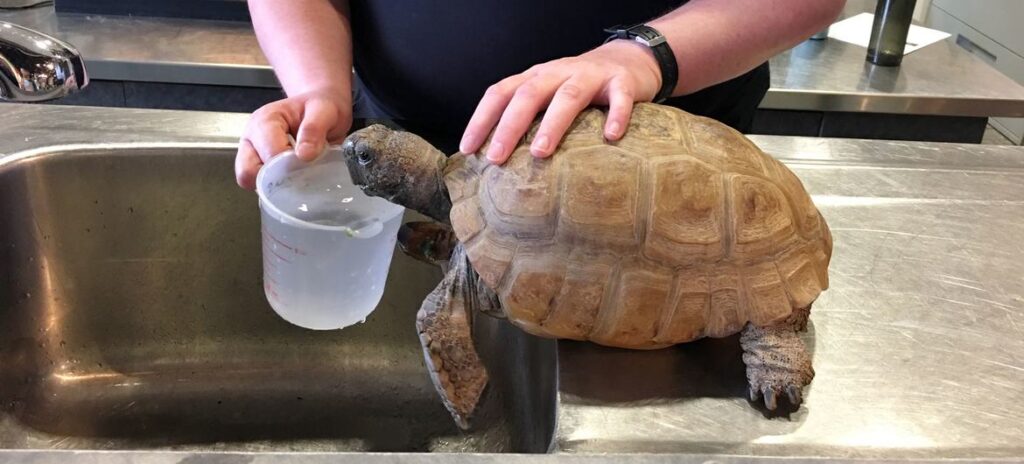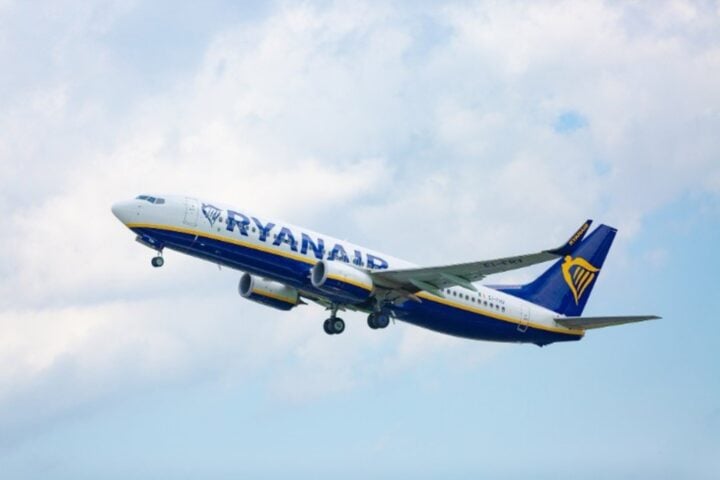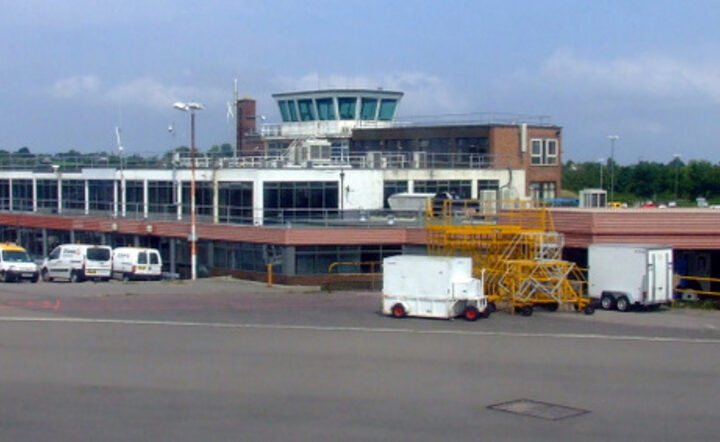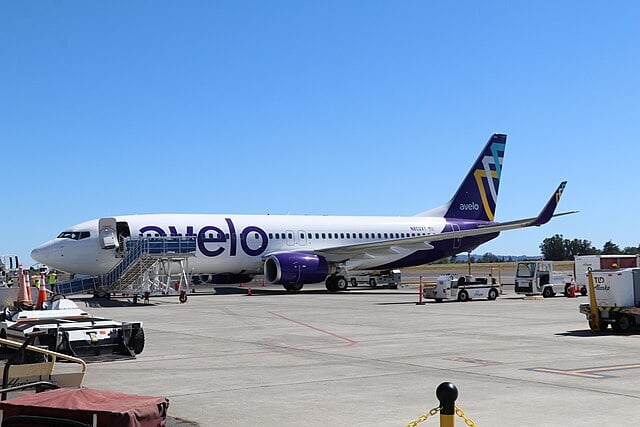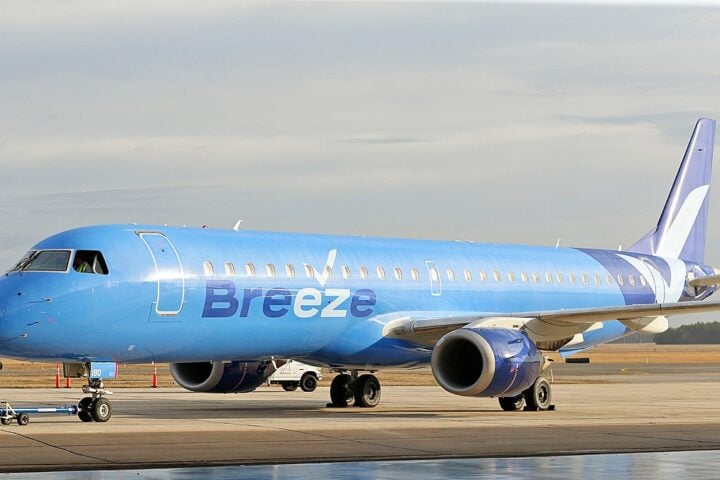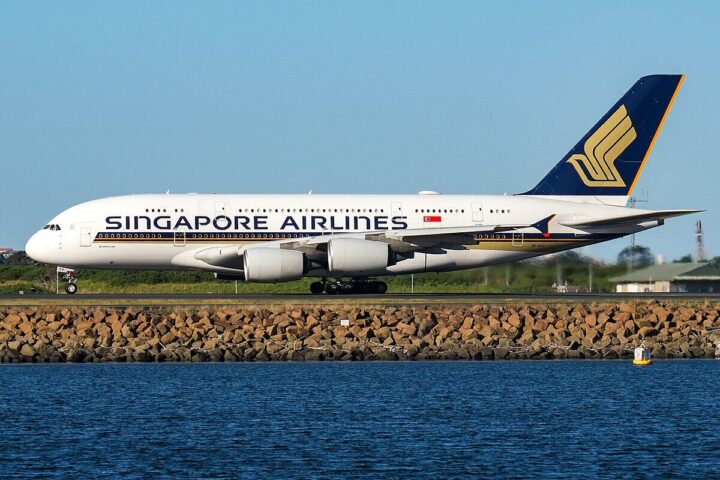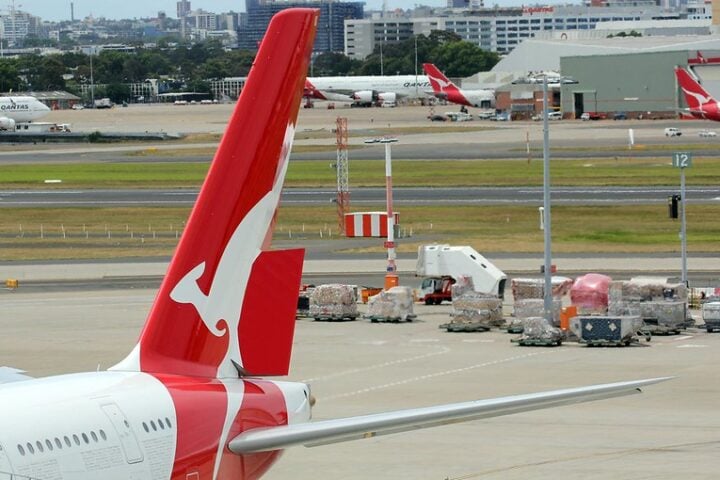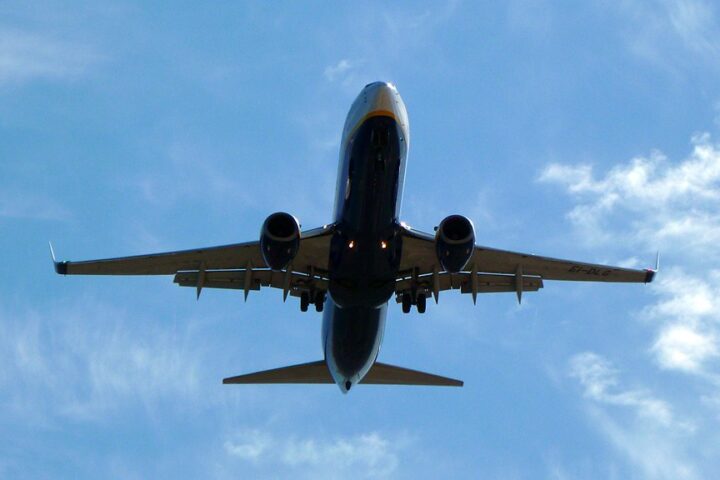A new study has detailed the health effects of aviation fuel emissions on airport workers and people living near an airport or flight path. Following that, on Tuesday, SEIU United Service Workers West met in South Gate with their union leaders to discuss how aviation fuel and other emissions affect their health. They released the study that, according to them, demonstrates that airport workers have higher levels of respiratory illnesses, such as asthma and chronic obstructive pulmonary disease, also known as COPD.
The study also shows the negative health effects for people living along the flight path of LAX. In January 2020, a Delta plane heading to LAX dumped fuel over Cudahy. Children and adults at Park Avenue School felt the harmful effects of the fuel that landed on the campus and surrounding neighborhood. “People who live in airport adjacent communities on average live 12 years fewer than non airport adjacent communities. It’s time this changes! California’s elected officials must respond to workers’ needs and clean up the dirty airlines,” said SEIU in a post.
The Service Employees International Union – United Service Workers West (SEIU-USWW), which represents over 2 million cleaning workers, security guards, and airport workers, called for improved airline emission regulations.
Similar Posts
According to a public health study from Seattle and King counties, diesel exhaust, which is similar to airplane fuel exhaust, is a known carcinogen, and cancer deaths within 5 miles of the SeaTac airport were 20% more common than in the rest of the county. Maria Romero, a union worker at Los Angeles International Airport, says, “Working at the airport for over 12 years has impacted my respiratory health. Airport workers are primarily workers of color. We shouldn’t pay the price for the dirty airlines’ refusal to adopt cleaner fuel.”
Maria, like many other union workers, wants a different fuel to be found that is not fatal for workers or the community. The union hopes to see that this year the California Air Resources Board (CARB) will adjust the low carbon fuel standard, which is a program designed to promote a clean transition for fuels in the state.
